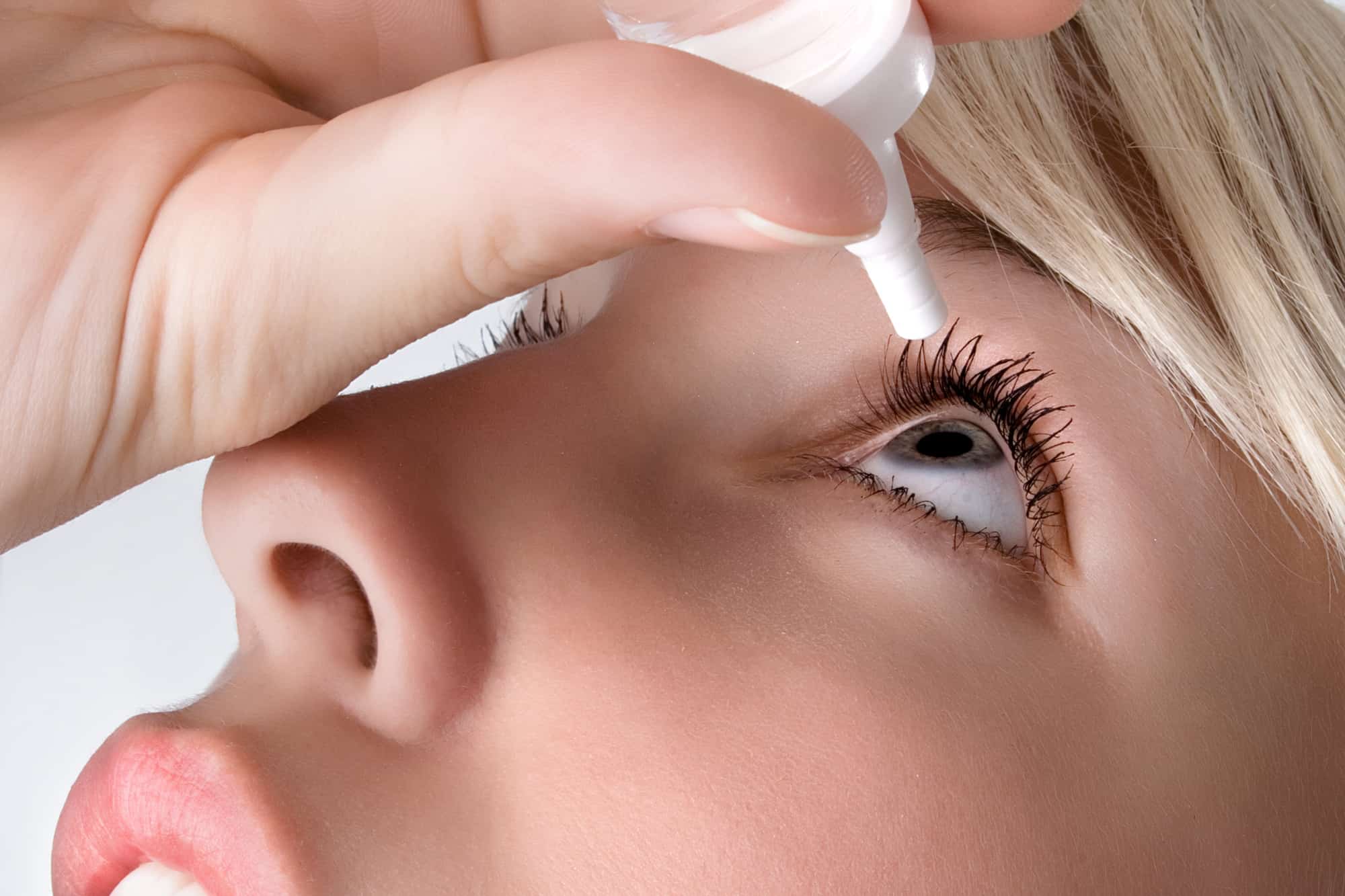Are you experiencing dry eyes? Many people find their eyes dry when the weather gets colder, although blaming the cold winds for an unusual change in your eyes may seem strange.
Dry eyes can be uncomfortable and annoying. At worst, they can signal an underlying condition that needs to be treated.
Fortunately, there are many ways to treat dry eyes. You can keep your dry eyes at bay so you can live comfortably.
Keep reading to learn more about dry eyes, why people get them, and how to treat them.
What Causes Dry Eyes?
Allergens, hormonal changes, certain medical conditions, and the environment can cause dry eyes. If allergies are causing dry eye symptoms, then a doctor may suggest an antihistamine eye drop.
Hormonal changes such as menopause can also cause dry eyes. Sometimes just a diet change is all required to help regulate hormones. Certain medical conditions can also cause dry eyes, like having an autoimmune disease, so one should consult with their doctor to find the best treatment.
If environmental factors are causing dry eye, like living in a dry climate, then wearing sunglasses and making sure to keep the eyes moist can go a long way by either using eye drops or increasing the humidity in the environment.
You can learn more facts about eyes and how far can humans see in this article. Make sure to check it out.
Identifying Symptoms of Dry Eyes
Identifying the symptoms of dry eyes is the first step in treating the condition. Symptoms may include persistent burning, itching, stinging, scratchy, gritty, or irritated eyes.
Vision may also appear blurry and eye fatigue may be present. Additionally, eyes may be unusually sensitive to light and even worse when exposed to smoke or wind.
How to Treat Dry Eyes at Home
To treat dry eyes, it is important to replenish moisture and lubricate them. Regularly blinking and frequently using artificial tears can help maintain extra moisture.

Taking breaks from digital devices can also help relieve strain on the eyes. Wearing glasses or contacts when appropriate can help shield the eyes from dry air. Also, drinking plenty of water will help keep your eyes adequately hydrated.
Medical Solutions for Dry Eyes
If suffering from mild dry eyes, it is recommended to start with preventative methods. This includes increasing your intake of Omega-3 fatty acids and flax seed oil, as well as increasing your intake of hydrating liquids and using artificial tears.
More severe cases may require additional medical treatments such as immunomodulators like cyclosporin or steroids. If your Dry Eye symptoms persist or worsen, it is recommended to consult a qualified medical specialist for further advice.
Methods for Reducing Dry Eye Symptoms
Dry eyes can be uncomfortable. Fortunately, there are many methods to reduce and treat dry eyes. Make sure to give your eyes regular breaks from screens, use eye drops and ointment to hydrate and lubricate your eyes, and wear sunglasses for added protection outdoors.
Add a proper diet and restful sleep, and you’ll be well on your way to feeling better. Don’t wait. Start taking care of your eyes today!
Check out our blog for more informative content if you find this article helpful.
Also read:
- 3 Tips for Overcoming Dental Anxiety
- 26 Bizarre Bikram Yoga Benefits and Sequences You Need to Know 2020
- How to Improve Gut Health Naturally?
- 10 Amazing Health Benefits of Blue Matcha
- Wellhealthorganic.com: 5 Amazing Health Benefits of Guava
- Wellhealthorganic.com:10-Benefits-of-Eating-Roasted-Gram for Health
- Wellhealthorganic.com: Health Hazards of Prolonged Sitting
- How to Get in Better Shape: 8 Great Tips
- How to Treat Dry Eyes
- How to Improve Gut Health Naturally?
- Sinful Nutrition Where Every Veggie has a Dark Side
- Wellhealthorganic.com:Vitamin-E-Health-Benefits-and-Nutritional-Sources








